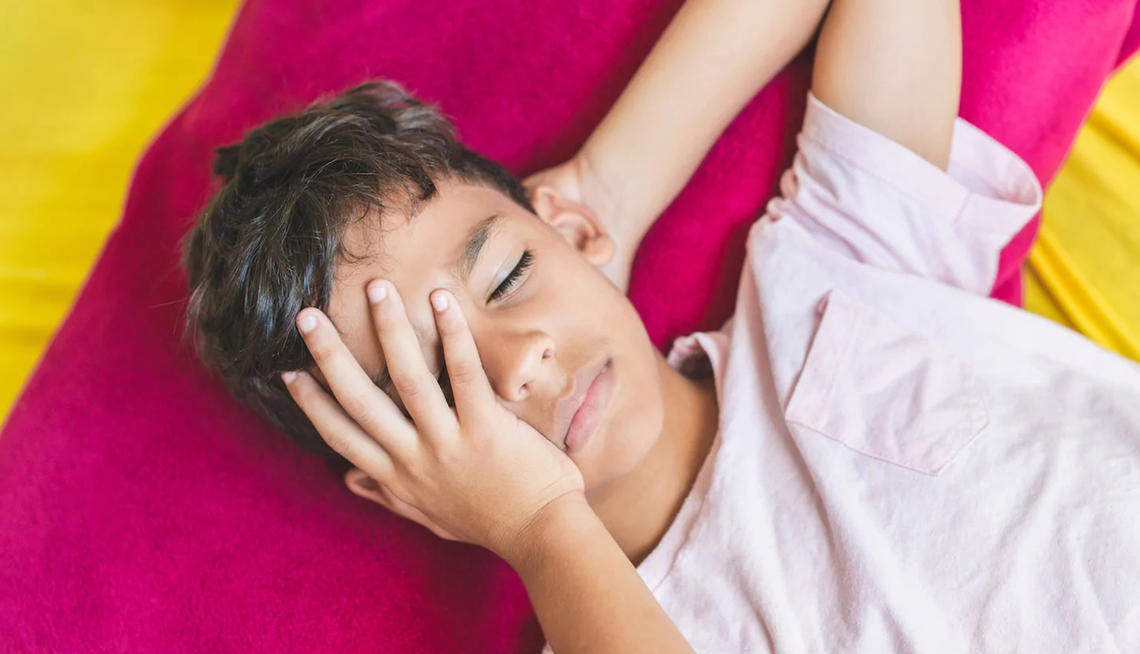
Brain Injury Research in Children Laboratory

Our Projects

Our Team

Resources

Knowledge Translation
Each year, millions of children sustain concussions/mild traumatic brain injuries (mTBI), and 15-25% suffer persistent symptoms and declines in quality of life. Clinicians caring for these children face three critical, unanswered questions: how to diagnose concussion, how to predict which children will suffer persistent symptoms, and how to treat those who do? The overall goal of the Brain Injury Research in Children lab is to answer these questions through an interdisciplinary program that combines systematic research, integrated knowledge translation, and training/mentoring. The long-term vision is to transform clinical care and improve outcomes for children with concussion.
The BIRCh lab research program responds directly to the concerns of patients, families, clinicians, institutional decision makers (e.g., Alberta Health Services), and other knowledge users. It builds on these partnerships via an integrated knowledge translation plan, which includes an advisory committee to provide ongoing stakeholder participation, patient engagement researchers to generate research by and for patients, and a dedicated knowledge broker to weave a broad translational network and build a strategy for the dissemination and uptake of study findings by scientists and end users.
The program builds research capacity via interdisciplinary training and mentoring along a “multi-generational” chain. Dr. Yeates’s students and trainees, as well as those supervised by other research team members, are immersed in the research program and engage in program-specific training activities (e.g., mentoring committees, lab rotations, annual conference) while capitalizing on institutional educational opportunities. In addition, senior investigators on the team mentor junior members and support them in developing independent research.
